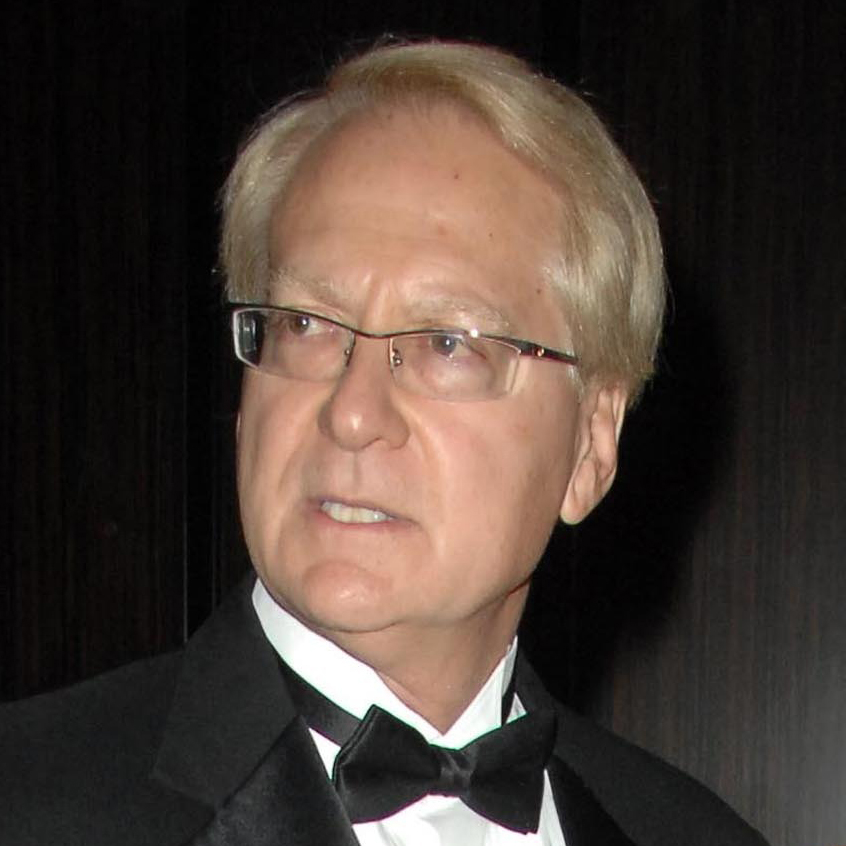IEEE Approves Pro-Patent Holder Policy Updates
“On January 1, 2023, a new day dawns where it is not per se inappropriate to consider licenses where the patent owner was forced to chase the standard implementer through various courtrooms at the threat of an injunction.”
On Friday afternoon, the IEEE Standards Association Board of Governors (IEEE SA BOG) announced they had taken action to update the Patent Policy for IEEE standards development. The updates, which will not go into effect until January 1, 2023, appear at first glance to be minimal, but will likely have an extraordinarily positive impact for patent owners.
Moving Away from the Myth of Patent Hold Up
Much of modern thinking and jurisprudence around the world is moving away from the notion that patent owners are unilaterally holding up standard implementers. Indeed, in many countries—Germany for example—judges are not bashful about expressing their views that standard implementers are holding out and refusing to engage in good faith licensing negotiations with standard essential patent owners. In fact, when looking into this matter, the Biden Administration in the United States, which was expected to come down on the side of standard implementers, took a position of neutrality.
The issue facing patent owners and standard implementers is simple to state—standard essential patent owners have agreed to provide a fair, reasonable and nondiscriminatory (FRAND) license to those who seek to implement the standard. Of course, what is easy to say is difficult to implement in practice, with myriad of issues open to interpretation.
One extremely important issue in FRAND negotiations deals with whether a license rate achieved as the result of an injunction or threat of injunction is a comparable license appropriate to be considered in FRAND negotiations. This is the point clarified by the IEEE update.
Standard implementers argue that if there is an explicit or implicit threat of an injunctive order, that means that negotiations that follow are akin to what the law classically refers to as “gun at the head duress”. The threat of an injunction can, in theory, tilt the balance of negotiations, but in practice, that is not what happens today.
In the United States, for example, it has become virtually impossible for a patent owner who engages in research and development to obtain an injunction. Injunctions in the United States are for competitor against competitor situations—at best—and if the patent owner has exhibited a willingness to license, then a license is a suitable remedy. Add to this the fact that at least some standard implementers (such as Apple) are well known to not even negotiate and require patent owners to sue for years. Such recalcitrance while implementing standard essential patents and making billions of dollars makes it clear that the threat of an injunction does nothing to bring the balance of leverage back into an equilibrium between parties.
So, in much of the legal world, and throughout the economic literature, there is a growing acceptance that patent hold out is the far larger problem than patent hold up. Of course, this is not to say that patent holders are always without blame, and why the neutrality position taken by the Biden Administration makes sense. With such complicated negotiations and potential for gaming it is only logical to holistically view each situation. How else could one attempt to make a rational determination of what is fair and/or reasonable anyway?
A New Day
In any event, the importance of the IEEE SA Standards Board Bylaws, which will go into effective January 1, 2023, is found in the removal of the prohibition against considering licenses “obtained under the explicit or implicit threat of a Prohibitive Order” when determining a “reasonable rate” for licensing purposes. See Definitions § 6.1. Up until midnight on December 31, 2022, the IEEE says it is appropriate to ignore licenses as comparable if they were the product of an implied or explicit threat of “prohibitive order.” On January 1, 2023, a new day dawns where it is not per se inappropriate to consider licenses where the patent owner was forced to chase the standard implementer through various courtrooms at the threat of an injunction. This change is promulgated throughout the updates, and is found in the updated Letter of Assurance for Essential Patent Claims and in the updated patent policy FAQs. See e.g. deletion of paragraphs. 46 and 57-59.
“These updates are intended to improve the clarity of IEEE’s standards processes related to patented technologies, while offering more options for stakeholders,” a press release from the IEEE explained. Truthfully, having been announced on a Friday afternoon on the last day of the government fiscal year, it feels more like the IEEE wants to bury this and feels defeated. Regardless, it still feels like a big step in the right direction for standard essential patent owners.
Image Source: Deposit Photos
Image ID: 39864439
Author: maxkabakov
Gene Quinn
Gene Quinn is a patent attorney and a leading commentator on patent law and innovation policy. Mr. Quinn has twice been named one of the top 50 most influential people […see more]







